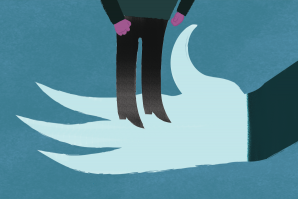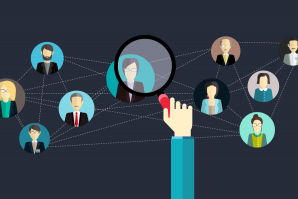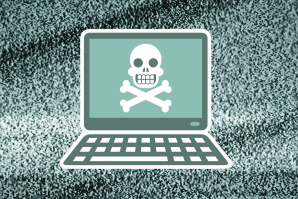Latest Stories

Avoiding the Push Over
How to make an anti-bullying policy work
The Society for Human Resource Management has developed a model procedure for handling bullying complaints. Key language includes:

Patent Problems: Who Owns the Idea?
Know who your inventors are before you file
I have been working on a new piece of light industrial equipment for several years but had trouble with a certain aspect. I mentioned it to a colleague, who had a great idea that I was able to use. I am getting ready to patent my invention, and this colleague is now arguing that he is the co-inventor and entitled to the patent and future proceeds of the sale or use of this patent!

Assembly Republican Leader Kristin Olsen and ADA Reform
Lawmakers address predatory lawsuits stemming from new legislation
Almost three decades after the implementation of the federal Americans with Disabilities Act, many California companies are embroiled in lawsuits or out of business altogether. With that in mind, Assembly Republican Leader Kristin Olsen has made ADA reform a pillar of her legislative agenda.

Social Digging
Where is the legal line when it comes to using social media to evaluate job candidates?
We’re hiring a new office manager and looking for someone trustworthy and friendly. Going through applications, we found that some of the hiring staff were able to view applicants’ Facebook profiles, either due to mutual friends or because of the applicant’s privacy settings. Are there any legal reasons not to do this? Can we raise questions during interviews based on the information we’ve learned via social media?

Cyber Skills
Using digital services is second nature, but protecting them is not
Are you putting yourself at risk? If so, you’re not alone.

Dress for Success
How can I legally amend my company's dress code?
Since starting my business in 2010, my number of full-time employees has tripled. One thing I wish I’d done in the beginning is establish a dress code. I’m worried that the relaxed atmosphere I’ve allowed does not reflect the professional competency I’m trying to project. How can I implement a dress code, and should I be worried about violating any laws when I do?

Raise It Up
Our minimum wage should leave no one behind
Improving the minimum wage and making Sacramento a better place to do business are not mutually exclusive goals. Done properly, an increase to the minimum wage targeted at Sacramento’s working poor will strengthen the economy, benefit the entire community and help create the Sacramento that we all want.

Unpolished Problems
How to politely enforce your dresscode
“We have a male employee whose shirt buttons pop open, leaving his skin exposed. We also have a female employee whose tight clothing reveals her undergarments. This is a horribly awkward and uncomfortable situation, but their attire is not appropriate for the office. How should HR address this?”

The Dish on Paid Time Off
How will a new requirement to offer PTO impact local employers?
New legislation mandates California businesses to provide paid sick days to employees who do not already have access to paid time off. The Healthy Workplaces, Healthy Families Act (Assembly Bill 1522) was signed by Gov. Brown in September, making California the second state to implement statewide paid sick leave, following Connecticut.

Sound Off on AB 1522
Paid sick leave for all — yea or nay?
Effective July 1 of this year, employees who have worked in California for 30 days or more will be entitled to paid sick leave. Is this a leap forward for workers’ rights, or will it mean death for small businesses? Tell us what you think:


